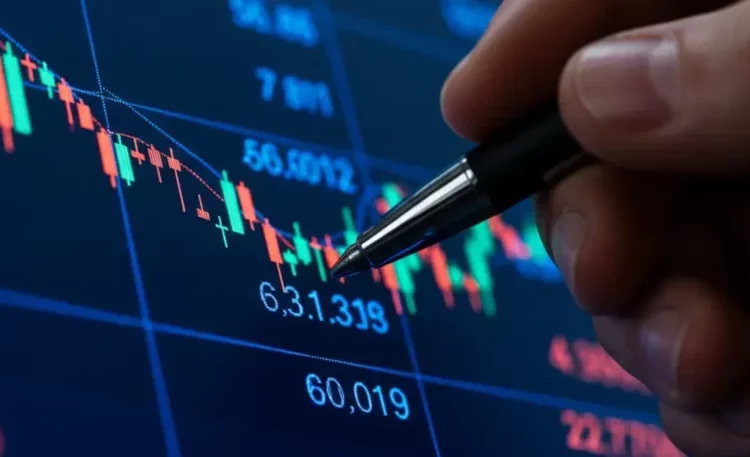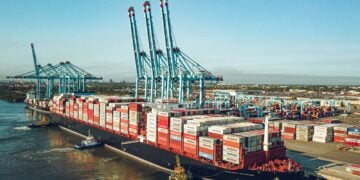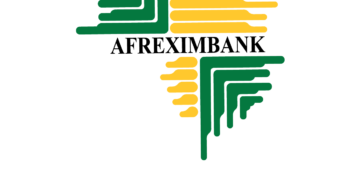In Nigeria, talk about money is everywhere. People argue about fuel costs, the naira, or what the government is doing. Lately, another topic keeps slipping in — the global markets. It’s not just bankers talking anymore. Students, freelancers, even small shop owners are starting to ask what it means to follow prices of currencies or commodities.
The truth is simple: what happens far away matters here. Oil prices shift, and the naira feels it. A decision by a central bank abroad can hit local businesses the next day. That reality is pulling more Nigerians toward learning how markets work.
The new wave of interest
Conversations about forex traders in nigeria have become common in forums, Telegram groups, and even university clubs. For some it’s curiosity, for others a way to test skills in something different. Most are not looking for miracles; they just want to understand why their money seems to lose or gain value overnight.
The rocky start
Getting into this space isn’t easy. A quick search online throws a mountain of terms at you — leverage, spreads, stop-loss, margin. At first it looks like another language. Add in YouTube “gurus” promising quick riches, and it’s no wonder beginners feel lost.
The pattern is familiar: people jump in too fast, blow up early, then swear it doesn’t work. The smarter approach is slower — read, ask, practice, repeat. Mistakes will come, but they’re part of the process.
Phones and laptops changed everything
A decade ago, following markets in real time felt impossible without expensive data terminals. Now, a cheap Android phone is enough to load charts, check rates, or watch tutorials. Laptops make it even smoother.
That access opened doors. Folks in Lagos, Abuja, or even smaller towns can see the same price movements as anyone in London or New York. Information no longer feels out of reach.
Practice before risking
The big advantage today is being able to train without burning cash. A demo account mt5 works like a safe playground — same charts, same moves, but with virtual money. It’s a chance to mess up, reset, and learn how buttons and settings work. Many start here before ever touching real funds.
Local realities to remember
Markets don’t happen in a vacuum. For Nigerians, a few things always play a role:
- Oil prices push the whole economy up or down.
- The Central Bank of Nigeria’s policies change the rules overnight.
- The naira can swing hard against the dollar during political or global shocks.
- Taxes and legal obligations still exist, even if few talk about them.
Knowing these basics matters as much as staring at charts.
Finding people to learn with
Nobody likes to learn alone. Across Nigeria, groups are forming — student clubs, online forums, even small meet-ups in cafés. People swap tips, share failures, and celebrate small wins. That sense of community makes the whole thing less intimidating.
But there’s a catch: not every voice online is trustworthy. Sorting good info from noise is another skill to build.
Where it’s going
Financial literacy is growing, bit by bit. Internet access keeps spreading, and younger Nigerians are hungry to understand money beyond just earning and spending. It won’t turn into a nationwide wave overnight, but the direction is clear.
The takeaway? Curiosity is spreading, tools are easier to use, and the conversation is already happening. With patience and practice, more Nigerians are stepping into the global markets on their own terms.





